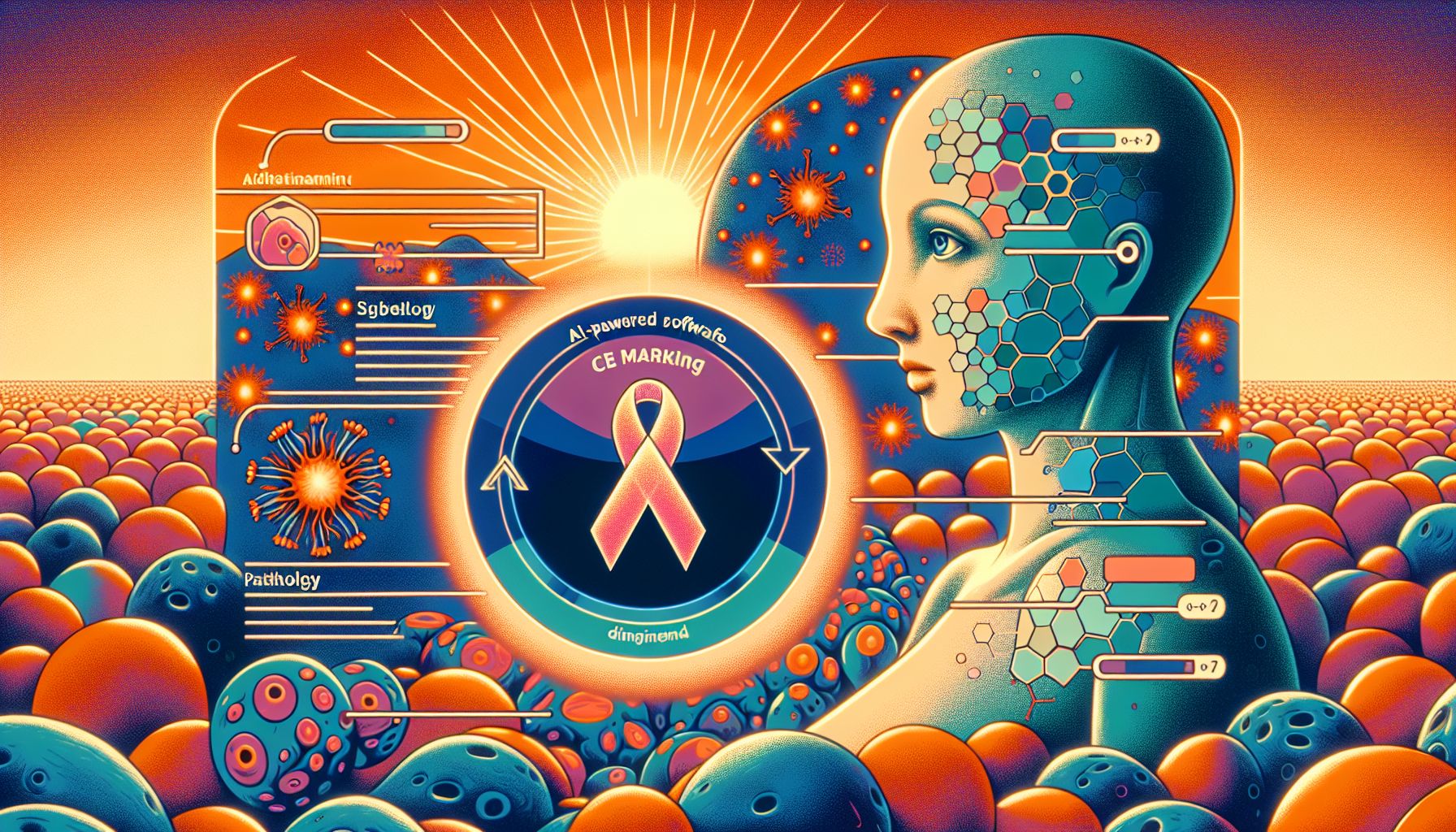Dutch Start-Up Aiosyn Achieves Milestone in Cancer Detection Technology

Nijmegen, Wednesday, 8 January 2025.
Aiosyn, a Netherlands-based company, has received CE marking for its AI-powered software, enhancing accuracy in breast cancer diagnostics and marking a significant advancement in pathology.
Breakthrough in Healthcare Technology
This healthtech innovation represents a significant milestone as Aiosyn’s mitotic figure counting algorithm became the first to receive CE marking under the In Vitro Diagnostic Regulation (IVDR) on January 6, 2025 [1][2]. Based in Nijmegen, Netherlands [1], Aiosyn specializes in developing AI-powered pathology software for cancer and kidney disease detection, building on over 20 years of research experience [2].
Advanced Detection Capabilities
The Aiosyn Mitosis Breast software employs deep learning technology to detect cell division in whole slide images, significantly improving diagnostic consistency and treatment selection processes [2]. The system’s effectiveness has been validated through a multi-center clinical performance study at Radboud University Medical Center, demonstrating remarkable improvements: up to 60% time savings per slide, a 15% increase in overall productivity, and a 32.6% enhancement in consistency [2].
Market Impact and Industry Context
This innovation addresses a critical healthcare need, considering that breast cancer affects 2.3 million new patients globally each year, with 604,900 cases in the WHO Europe region as of 2022 [1][2]. The development comes at a time when the global AI in Pathology market is experiencing significant growth, projected to expand from USD 82.8 million in 2024 to USD 169.8 million by 2029 [4].
Professional Reception and Future Outlook
The technology has received strong support from the medical community, with over 90% of surveyed clinical study participants expressing interest in incorporating the algorithm into their daily workflow [2]. According to Wouter Bulten, Chief Operating and Product Officer at Aiosyn, ‘CE-IVDR certification is setting a new benchmark for quality and safety in medical devices, including those powered by AI’ [2].

